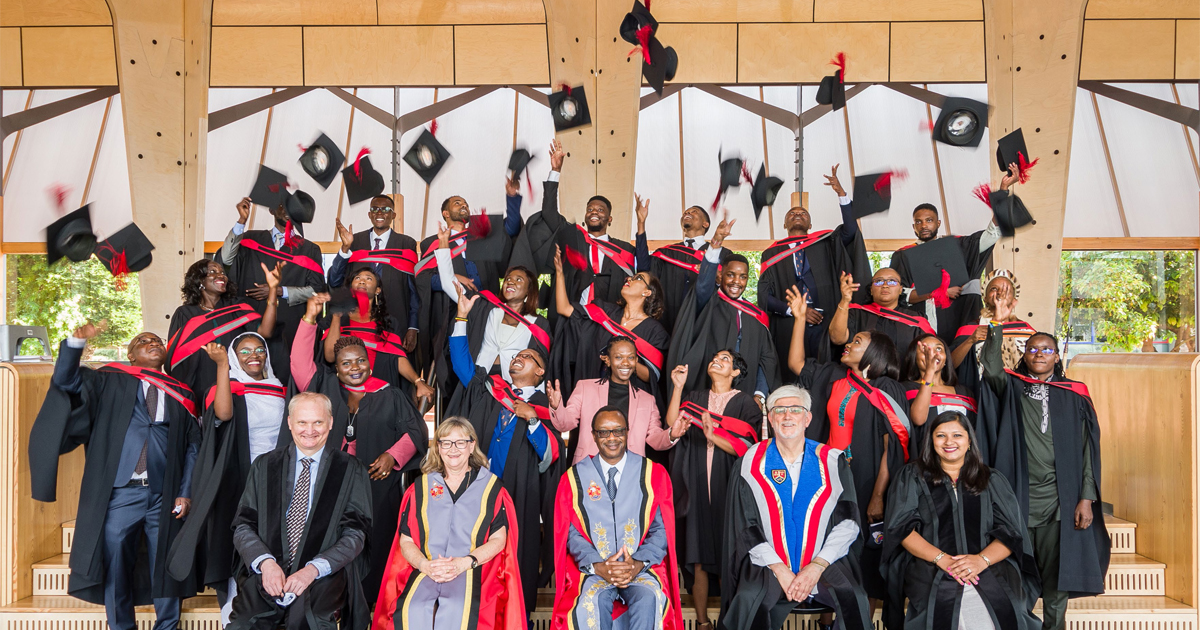The course of the year 2020, and the lives of us all, were fundamentally altered by the COVID-19 pandemic, and the regulations restricting personal interaction. At the height of these restrictions, no international air travel was possible, and no gatherings could be held. Restrictions on physical meetings and travel, in particular, impact on many Centre activities. Planning and adjustment of projects proved to be extremely complicated. The situation was one of constant uncertainty and need for adjustment. While South Africa experienced significant adverse effects in the second quarter of 2020, the situation improved towards the fourth quarter of 2020.
The pandemic left its mark on us all, our loved ones, friends and partners. Working from home affected each of us differently, sometimes leading to an acute sense of isolation and depression. Despite these challenges, the Centre staff adjusted with imagination and enthusiasm and explored new ways of doing things and of growing in new directions. Most of the Centre’s activities went ahead in a virtual format, and over time, some were presented in a hybrid way (combining virtual and in-person elements). Thanks to the ability of the Centre staff to adjust and keep themselves energised, all the academic programmes were completed as scheduled, and the major events, such as the African and Nelson Mandela World Human Rights Moot Court Competitions, took place through the Zoom platform. The Centre’s work supported the insight that the vulnerability of the most marginalised in society has often been exacerbated during the pandemic. For example, the Disability Rights Unit was part of the COVID-19 Disability Rights Monitor global initiative formed to monitor the impact of the COVID-19 pandemic on the rights of persons with disabilities. The COVID-19 period has also proven to be one of constant re-imagining. The relative success of the virtual and hybrid formats has caused the Centre to re-look at the way it would be operating. Our approach steers towards the following: Meetings, for example with speakers or panels, where the aim is to inform or stimulate debate, should continue virtually. Training and capacity building events, where the aim is to develop technical skills and competencies and to bring about an attitudinal shift among participants, should where possible take place in person. Some advanced human rights courses are for example ideally presented in person, where the aim is to work at changing attitudes or to build specific skills for example by exposing participants to interactive elements. Events that fall in between these two ends of the spectrum may adopt hybrid models.
Academic Achievements
Despite difficulties, the Centre’s academic programme continued without interruption and were completed as scheduled. By the time the pandemic showed itself starkly in South Africa, most students of the Master’s in Human Rights and Democratisation in Africa (HRDA), a Centre flagship programme, were already physically in South Africa. The resilience of the HRDA team and the group of students made it possible for this programme to go ahead, with the students present in the new University of Pretoria campus Future Africa. A 2020 highlight has been the graduation of the first students on the Master’s in Disability Rights in Africa (DRIA), presented by the Centre in collaboration with the Department of Public Law in the Faculty of Law. The programme was launched in 2018 and is the first Master’s degree programme in Africa focusing specifically on the rights of persons with disabilities in Africa. Seven students received their degrees in December 2020.
Graduates
The virtual format allowed the Centre to reconnect, even more than usual, with its alumni. It is a matter of immense pride to us at the Centre not only to follow but also to stay connected to our wide network of alumni. In 2020, the Vera Chirwa Award, acknowledging significant human rights contributions by our alumni, was jointly awarded to Commissioner Dr Solomon Ayele Dersso (Class of 2003) and Professor Benyam Mezmur (Class of 2005) for their commitments to championing human rights development in Africa in various facets of their endeavours and their life-long commitments to human rights work both locally and internationally. Dr Dersso is the Chairperson of the African Commission on Human and Peoples’ Rights, and Professor Mezmur a previous Chairperson of the African Committee of Experts on the Rights and Welfare of the Child.
Publications
In times of virtual engagement, the value of open access publications become even clearer than before. The Centre-based Pretoria University Law Press continued with its contributions in this regard. The Centre-edited African Human Rights Law Journal (AHRLJ) marked the milestone of 20 years of its existence. Two issues have been published annually since 2001, without interruption. The AHRLJ is the only peer-reviewed journal focused on human rights related topics of relevance to Africa, Africans and scholars of Africa.
Into the Virtual World: Capacity Building
In terms of the Centre’s broader capacity building and advocacy function, a wide array of webinars and other virtual events were presented, including the annual conference on disability rights; and a global webinar on ‘peaceful (and not so peaceful) assemblies’. A heavy load fell on the shoulders of our Communications and Advocacy team. Hats off for your inspired dedication!
Warm acknowledgements and Thanks!
We will long remember the challenges of the year 2020. Somehow, we managed to achieve excellence while maintaining our own sanity and ensuring the humanity of those around us. The Centre only managed to continue working towards advancing human rights in Africa through the perseverance of our team, of which I am intensely proud. The Centre thanks everyone with whom we had the privilege of collaborating in 2020, and who contributed to our activities.

Professor of International Human Rights Law
Tel: +27 (0) 12 420 3228
frans.viljoen@up.ac.za


